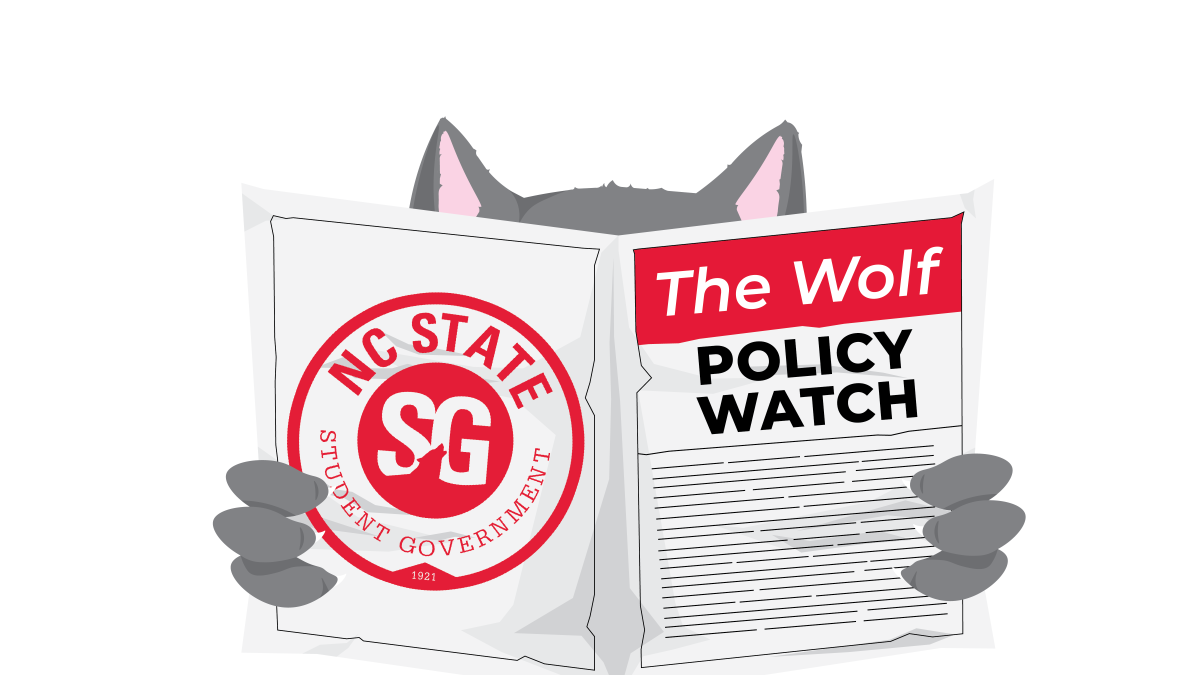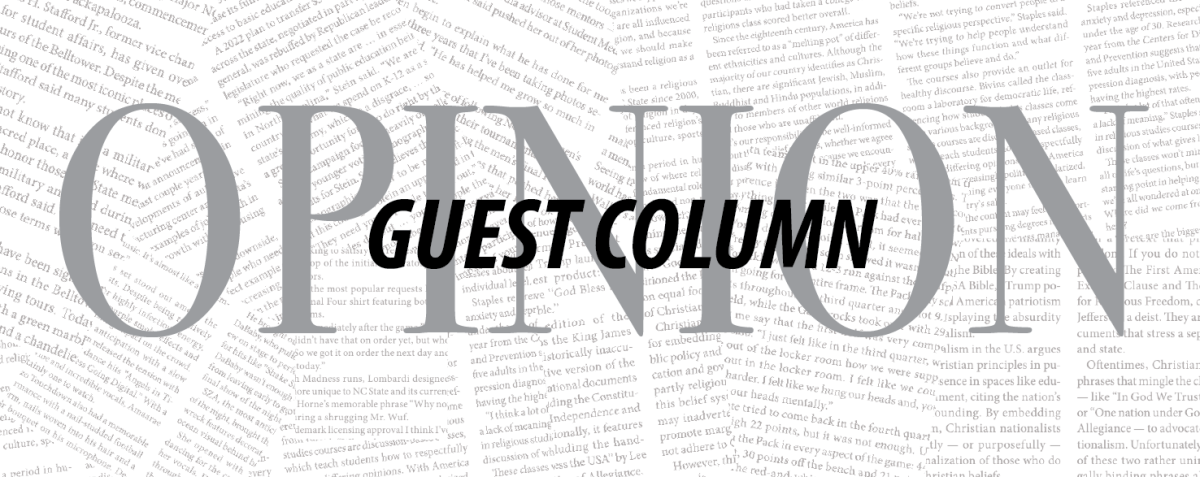College is a stressful time to see your dollars stretch less and less. No one wants inflation to add to the other financial, academic and emotional stresses during college. For many students, this is the first time they have experienced such large price hikes with their own spending money. The inflation rate is the highest it has been since 1982, and there is talk of a looming recession.
As correspondent Koen Rodabaugh discussed in his column on inflation, the party in power at the federal level has offered few solutions to the public to deal with rising prices. The Inflation Reduction Act of 2022, which was passed in early August, may help lower medication costs by allowing Medicaid to negotiate with drug companies. There are not as many direct policies to help control the prices of other essentials like transportation, housing and food.
The Federal Reserve is now planning to use a heavier hand to control inflation. The chair, Jerome Powell, promised to continue to raise interest rates until inflation falls below 8%. He also said he is unsure how painful this will be for the economy, but similar actions in the 1970s significantly curtailed economic growth.
Progress to control inflation at the institutional level may be unpredictable, but all people, even students, are participants in the economy and have some control over how they impact inflation and how inflation impacts them. Here are a few things to keep in mind as economic anxiety rises in the country.
Wages are rising in many industries.
While inflation dampens the good news of a pay bump, there is still cause for celebration after so many years of wage stagnation. The average annual salary increase for employees is 4.8%, the highest increase in decades. Firms rarely institute midyear pay raises, so this reflects an economy where employees have the upper hand. There is hope that wages will catch up to inflation if companies properly compensate their workers without passing the added costs onto customers.
At NC State several student employees have seen pay increases. In my experience as a Community Assistant for University Housing, I made $8.75 an hour. Over the summer, these student employees saw a pay increase to $12 an hour. Campus Enterprises now starts their student pay at $10 an hour with opportunities to earn more. Meanwhile, tuition for undergraduates will stay the same for the 2023-24 school year.
Rising interest rates will not impact most student loans.
One mechanism the federal government has used to try to control the consumer demand that has driven inflation is raising interest rates. The Federal Reserve made two consecutive interest rate increases, which they have not done in many years. This is bad news for prospective homebuyers and some business owners, but most students will not feel the direct impact of the rise. Since July 1, 2006, federally subsidized student loans have operated at a fixed rate. When student loan repayments restart next year, borrowers will not have to pay a higher interest rate than when they first began repaying their loan.
Inflation doesn’t change the price of everything at the same rate.
The core inflation rate for 2022 is 6.6%, but individual goods can change prices at vastly different rates. This number does not even include changes in energy and food prices, which can be the most volatile. Replacing some of the meat in your diet is not only good for the environment but also a cheaper option. Poultry, fish, pork and beef products have risen an average of 16%, while beans and legume prices have stayed comparatively steady. Choosing more plant-based meals can also help to cut your food waste, as many of these products are shelf stable.
According to the EPA, one-third of all the food in the U.S. goes uneaten, which can mean a lot of money going to nothing. Switching to some canned and frozen produce may also be a good idea for this reason. Fresh fruit prices, like meat, have a 16% inflation rate, so you want to make sure nothing in your fridge has to get thrown out.
Stockpiling items won’t solve the long-term problem.
It can be tempting to buy backups of your everyday essentials during a period of rising prices. On an individual level, you might save yourself a little money, but if you start stockpiling items, you will also contribute to increased consumer demand. Consumer demand has made a very healthy resurgence as the COVID-19 pandemic has waned; this is one of the major factors causing inflation. While limiting your consumption is unlikely to reduce prices, it may halt future price increases and prevent some.
If you or someone you know are in need of more financial resources in the coming months, NC State is still distributing Student Emergency Funds for housing, food, utilities and other essentials. To learn more about managing your finances, no matter the current economic environment, explore NC State’s financial literacy page.











